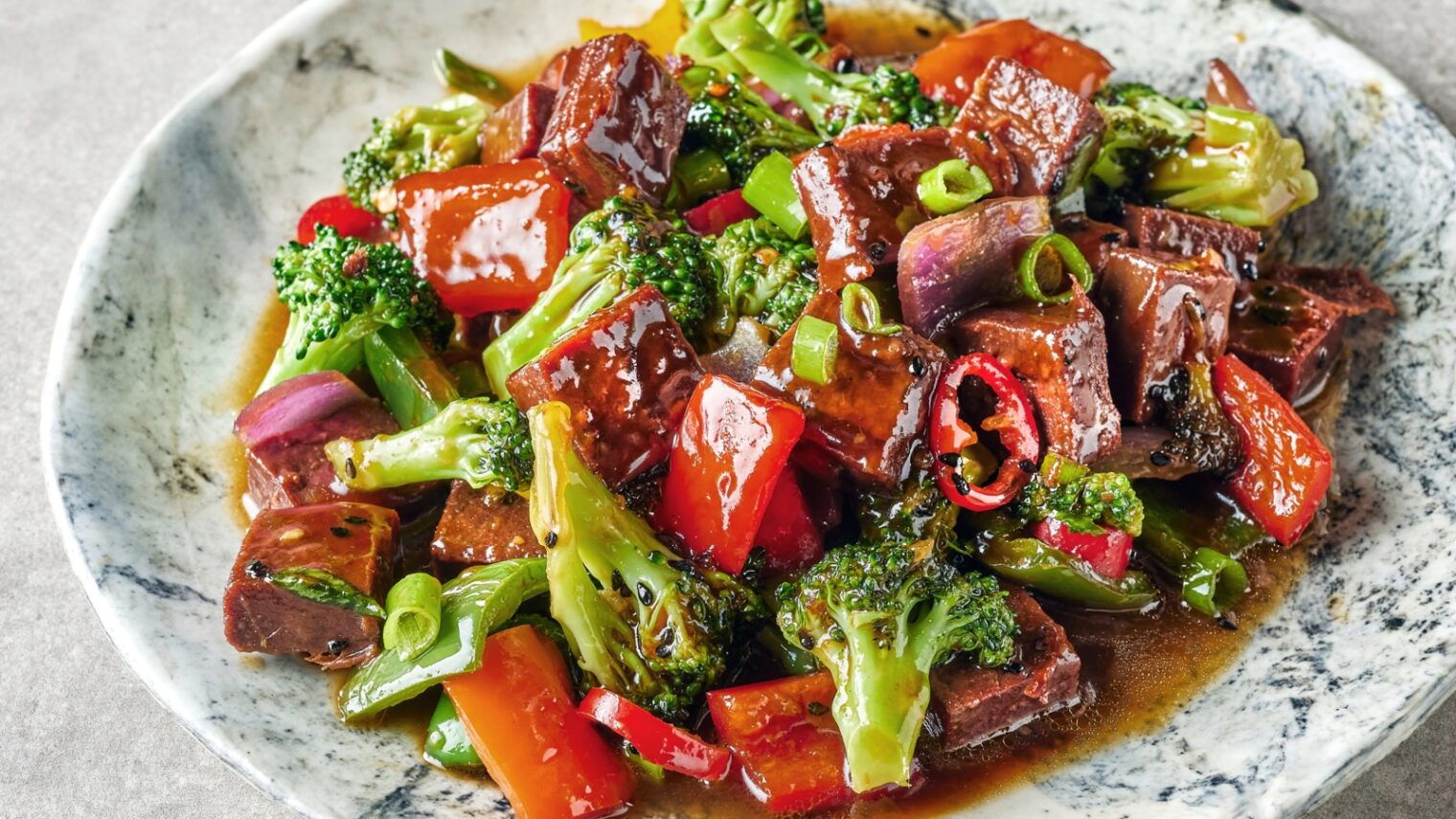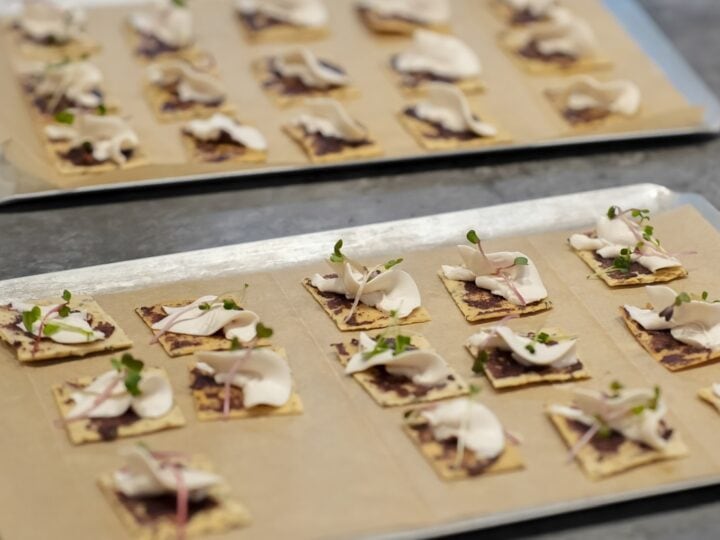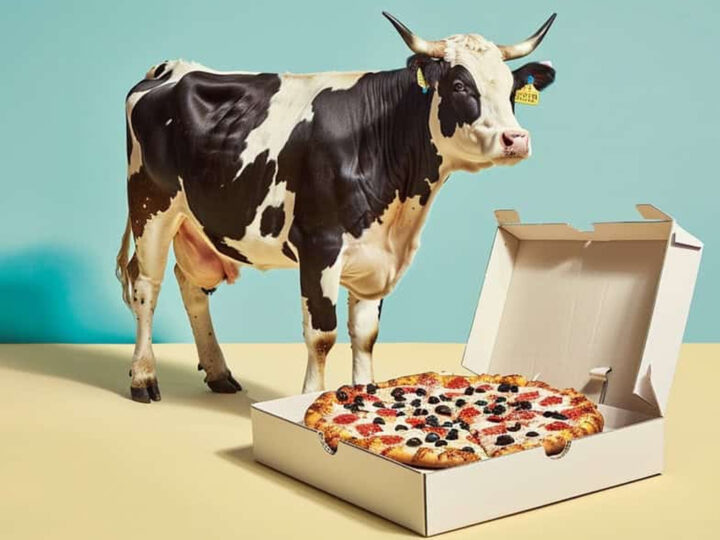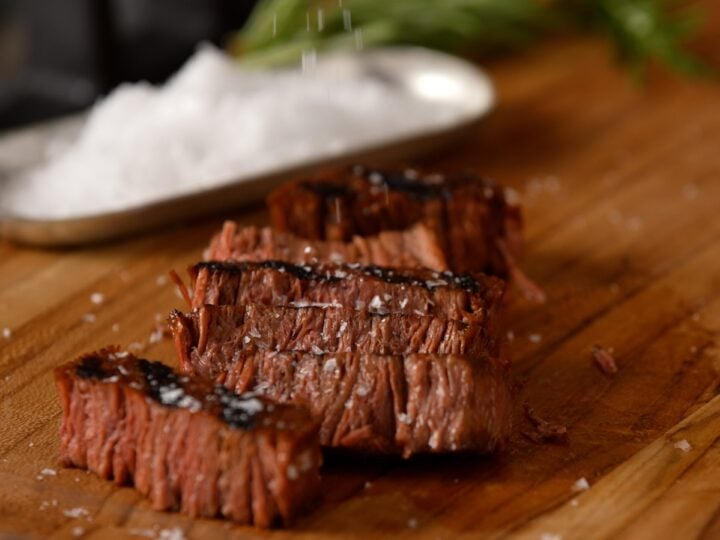When I first met Leonardo Marcovitz at FoodTechIL in September 2019, he was preparing to introduce the world’s first meat alternative based on yeast byproducts of the food production business.
Last March, Marcovitz did indeed launch a vegan alternative protein under the brand More Foods.
But rather than yeast, these meat-like pulled strips, chunks and minute steaks are made from another “side stream” byproduct: pumpkin and sunflower seeds after they were pressed to make vegetable oil.
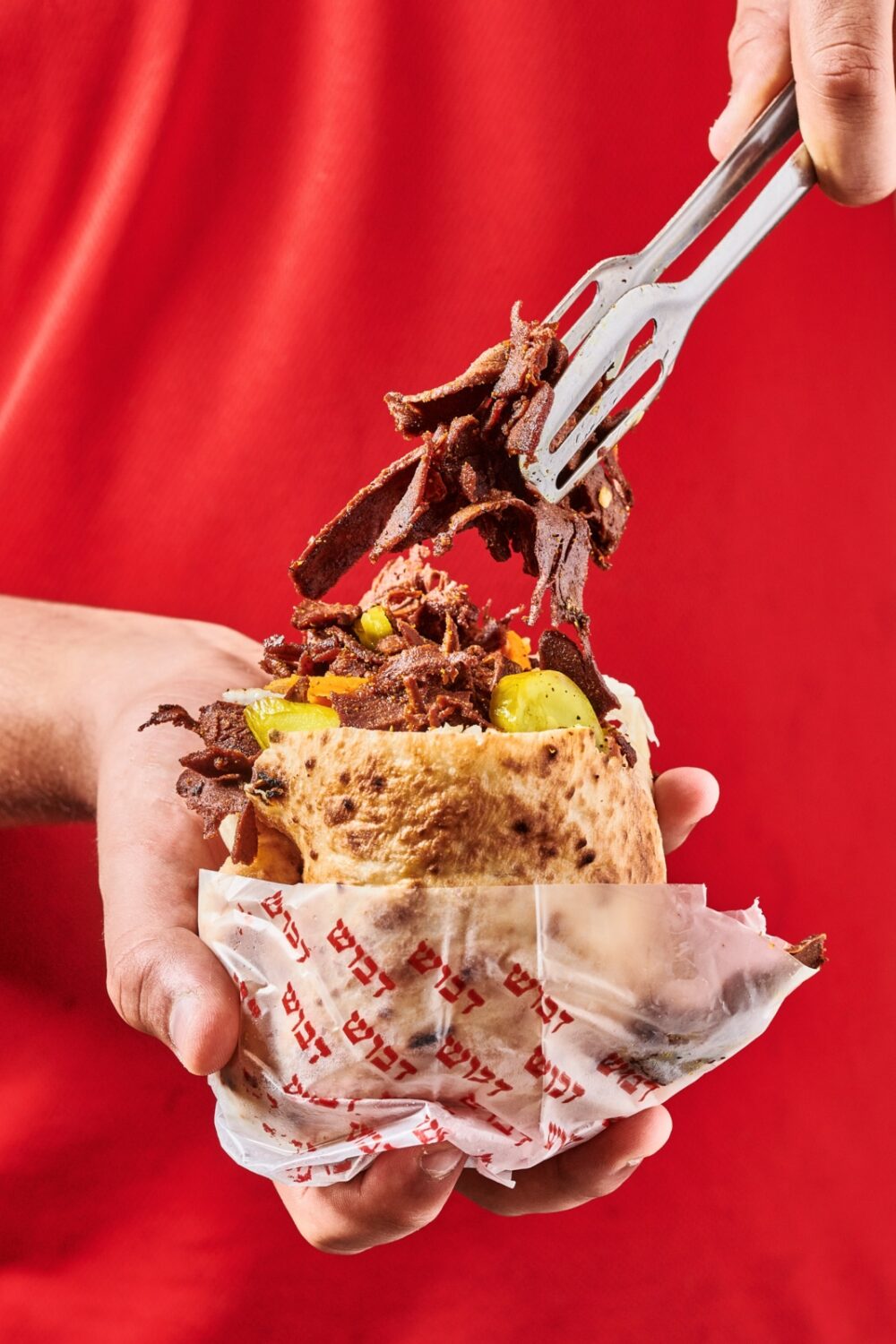
“We had some technical challenges using yeast as a significant protein source to make alternative meat products, so we tested different types of side streams,” Marcovitz tells ISRAEL21c, “and now we have a patent for our method of using side streams related to pumpkin and sunflower seeds to make high-protein textured products.”
The pivot from yeast to seeds paid off.
More than 30 restaurants and food-service companies in Israel are already incorporating More Foods products into their menu items.
This includes, among others, popular fast-food chains such as Pita Basta and Mexicana, and caterers for the Israeli offices of Facebook, Apple and Samsung.
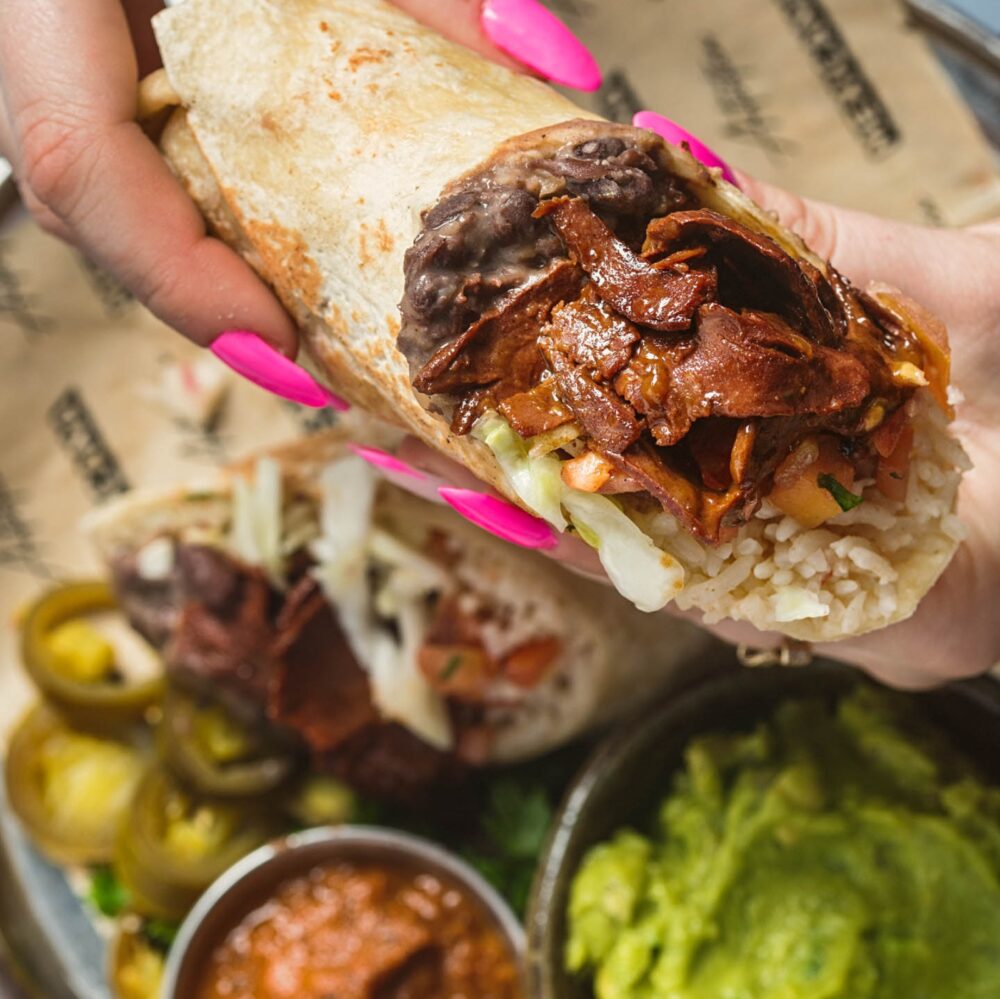
After raising seed (no pun intended) funding from the Biomeat Fund last year, More Foods is now raising money to expand its operations and launch in Europe within the next year.
With corporate offices and R&D in Tel Aviv, More Foods sources its seeds from European oil manufacturers and produces the meat alternatives with Swiss production partners.
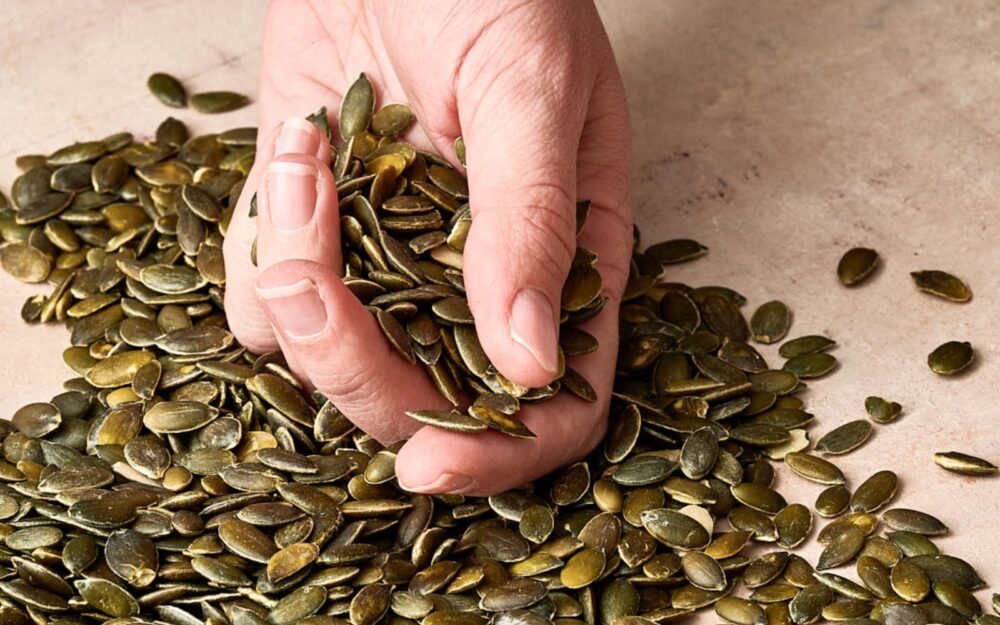
Oil makers normally sell the leftover “press cake” of crushed seeds to companies that make protein powders, fertilizers or animal feed.
“There is no other company we are aware of, anywhere, that uses these seeds as a platform to make the types of products we are making,” says Marcovitz.
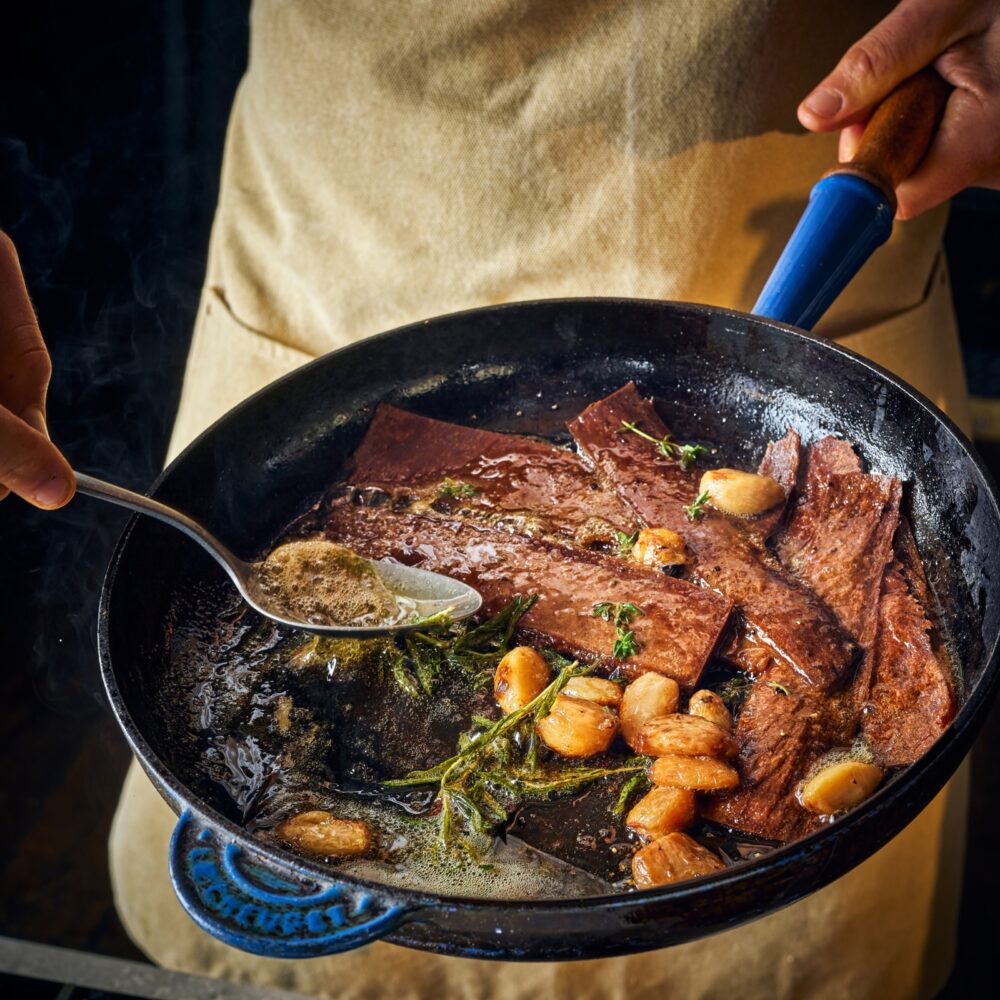
Press cakes such as the ones More Foods uses, he says, have great nutritional characteristics, “but no one knew how to give it value in the food industry. We are able to give more value for these byproducts.”
More Foods alternative meats, which are certified kosher, contain 27% protein, 7% fiber, more iron than in beef, more calcium than in milk, more potassium than in bananas and just 1% saturated fat and a small amount of sodium.
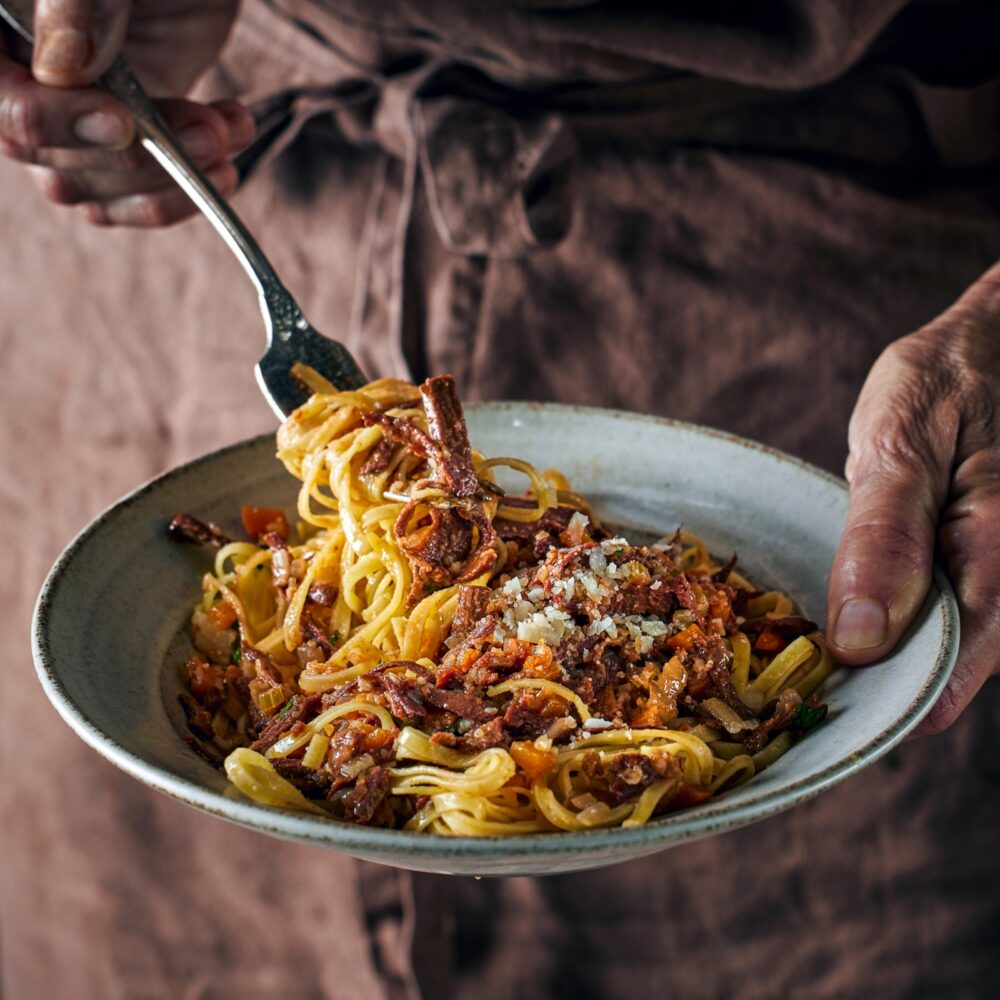
The product line’s “clean label” lists just seven ingredients: pumpkin and sunflower seed flours, nutritional yeast, carrot and apple extracts, natural flavoring and salt.
I asked Marcovitz how More Foods managed to get into the market so quickly after its pivot.
“The passion and right team can bring you very far, very quickly,” he replied.
The product is quite versatile; there are restaurants using More Foods “meats” in sandwiches, bowls, and Mexican, Asian and Mediterranean dishes.
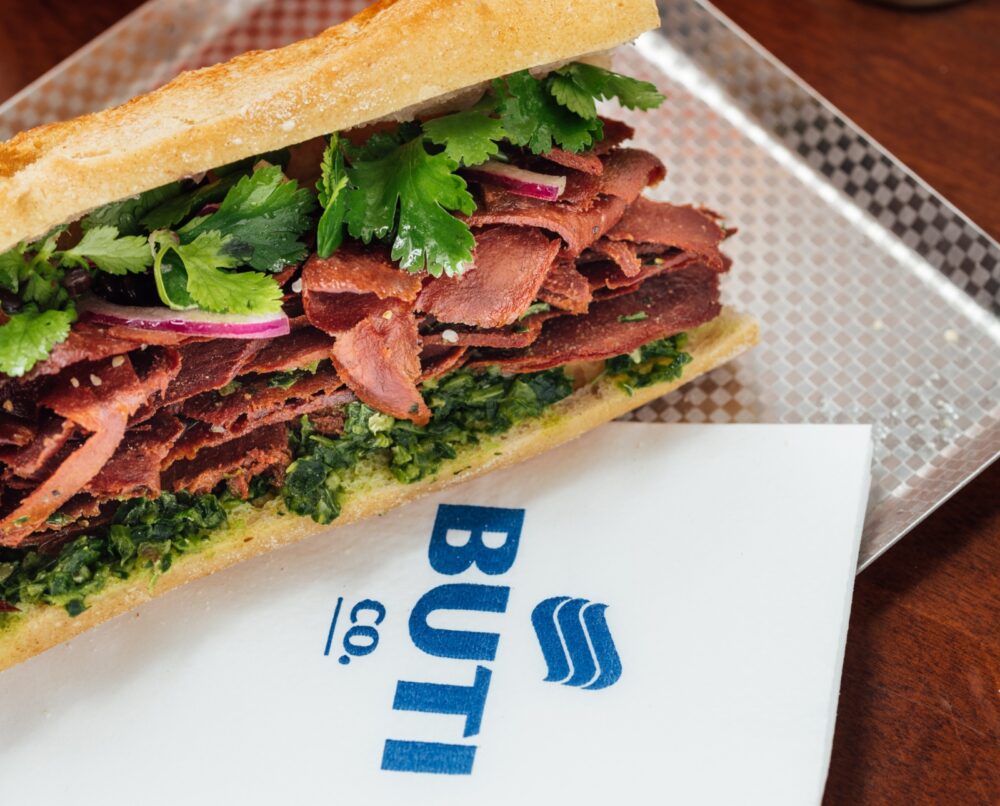
Pita Basta (a sandwich shop with seven branches) uses the pulled product as a vegan shawarma alternative, and the restaurants associated with Jem’s brewery are serving it in bar food. Dabush, a well know shawarma chain, will soon start a pilot.
I noticed that quite a few brewpubs are including it in their menus. Marcovitz said this is probably because “bars attract a younger demographic, and many young people are interested in reducing their meat consumption.”
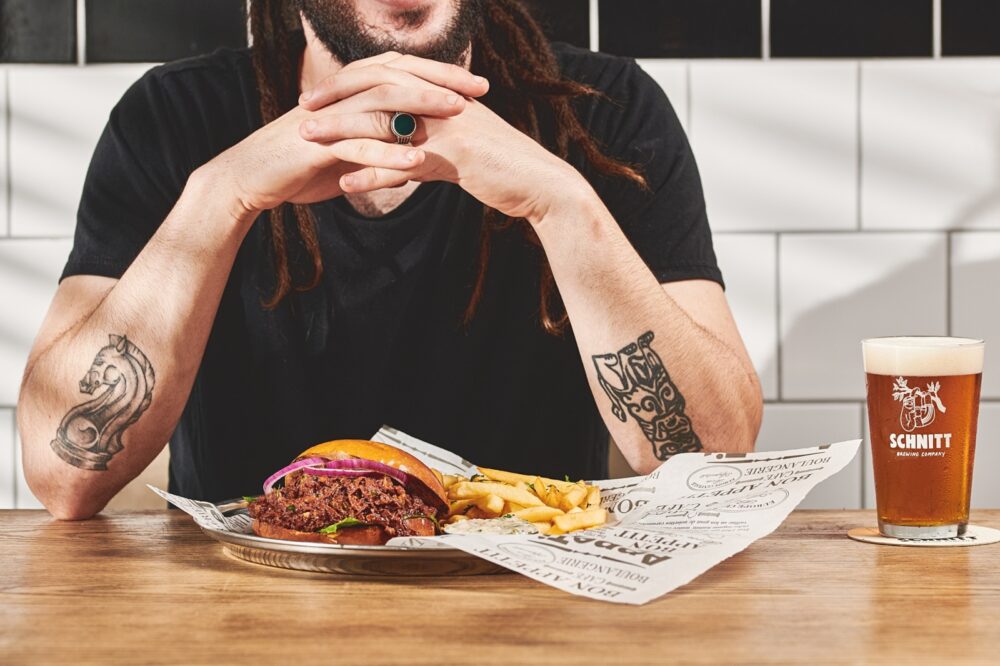
Next year, Marcovitz hopes to enter the retail market and to debut new items including lamb-like and pork-like products of different cuts and textures.
For more information, click here




